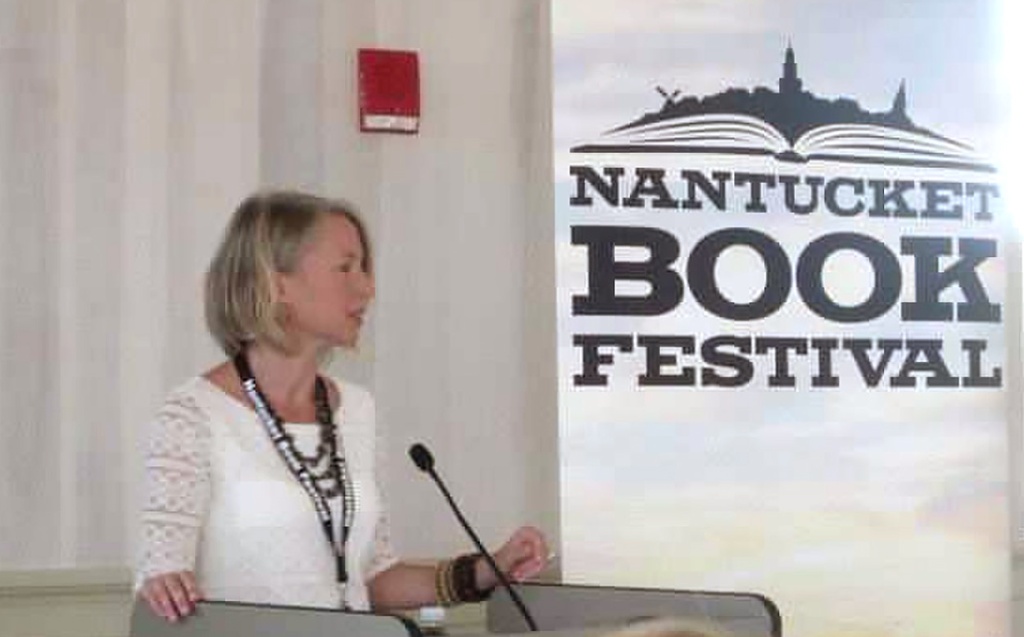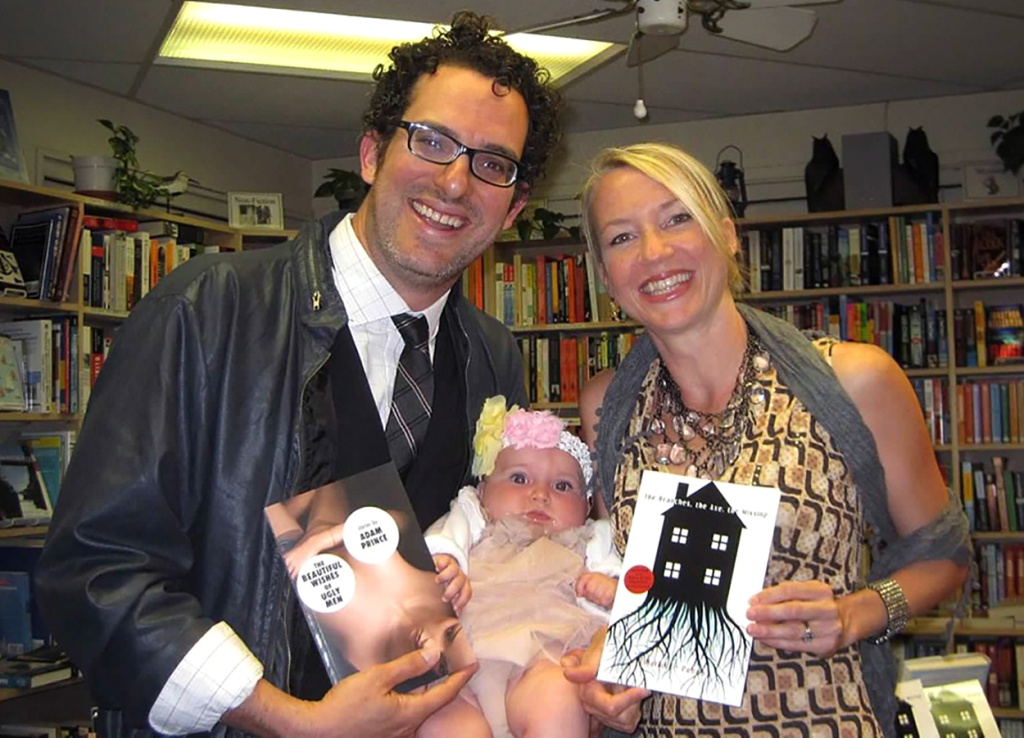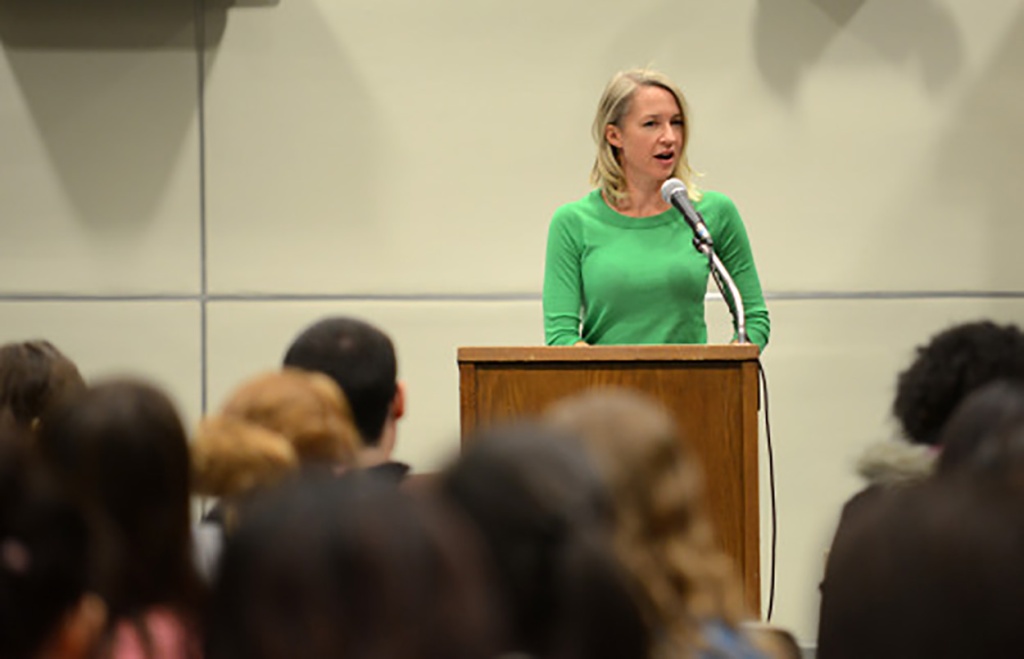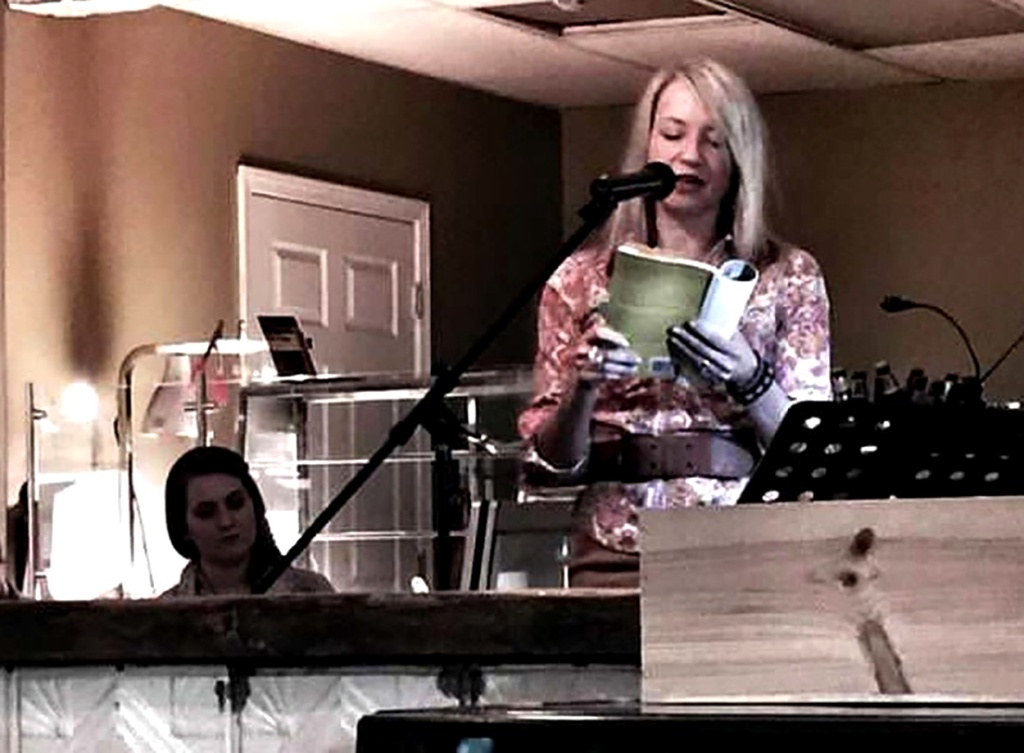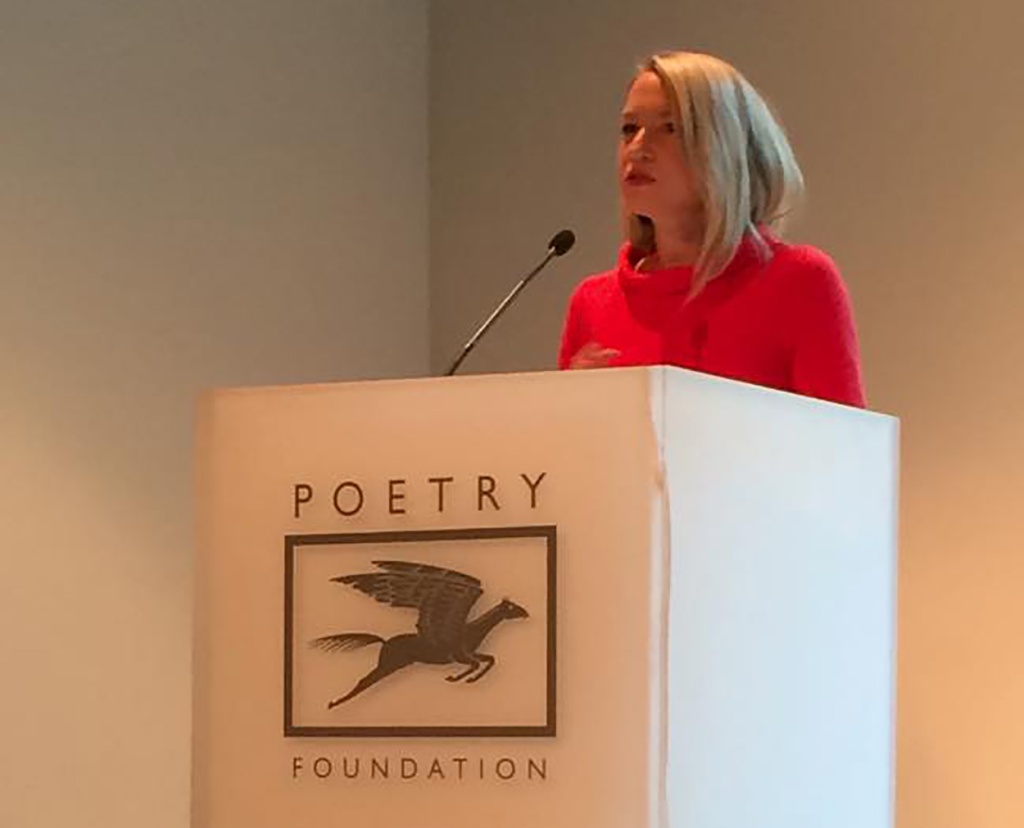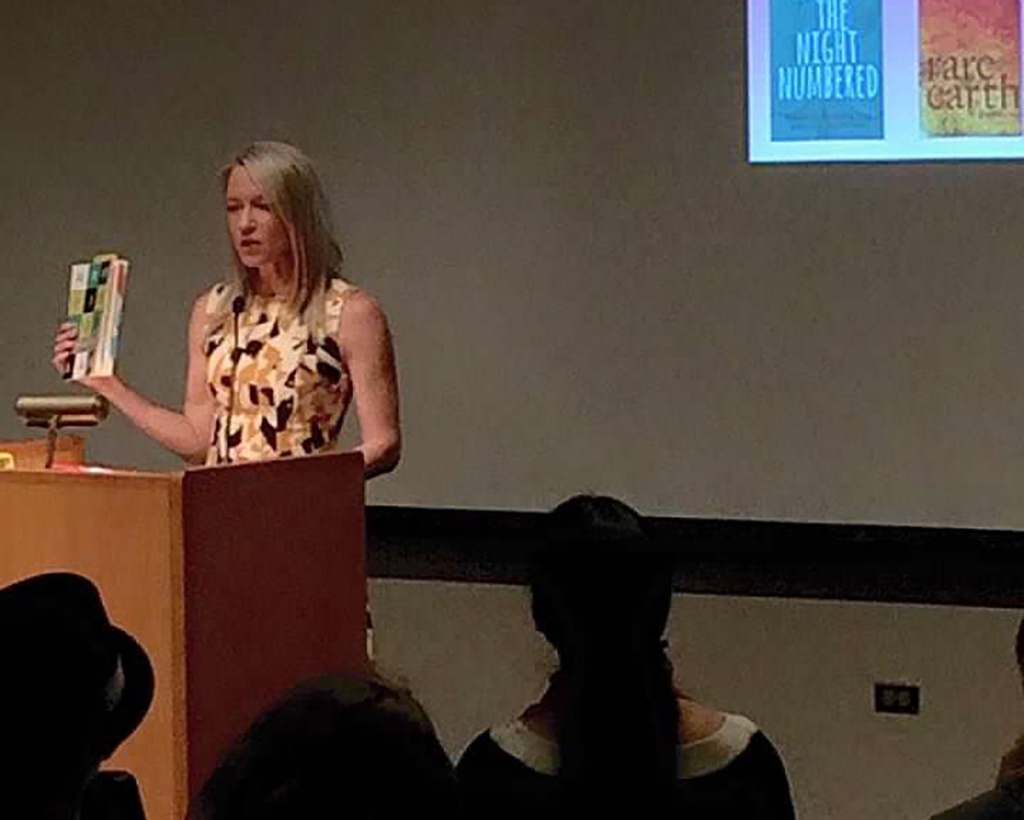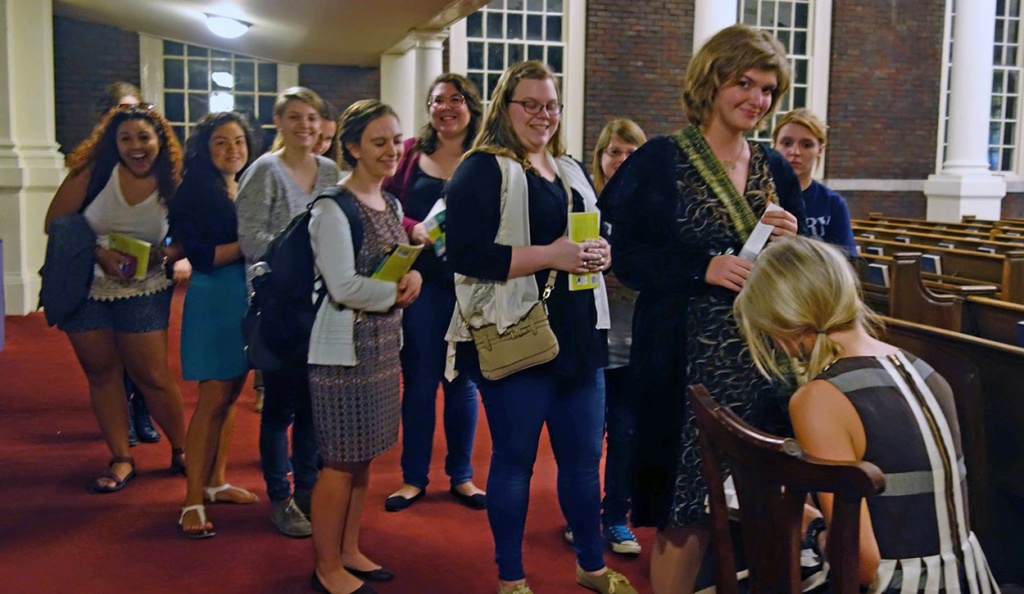Winner of ASPS Poetry Book of the Year, 2020
Code
At its center, Code features a narrative sequence with three characters: a new father, a mother dying young from an inherited disease, and that mother’s own DNA…
Silver Medal Winner for Poetry from Foreword Reviews, 2015
Many Small Fires
Charlotte Pence addresses her father’s schizophrenia and chronic homelessness through the larger evolutionary story of the human species…
“Fierce and tender, the poems in Many Small Fires are both mysterious and wise, intensely lyric and full of story, but most importantly they are rich with wonder and fearlessness.”
– Traci Brimhall
“For cosmos—think Whitman for the sense of this word, more than any metaphysician—is what Pence is after, each poem a world entire, an ecology, that delicate balance of exhalation and inhalation, air and flesh.”
– Spencer Dew in decomP
“In The Branches, the Axe, the Missing, Charlotte Pence goes beyond situating the personal within the contexts of science and history; she instead finely mortises the evolution of the human form with that of her own poetic form.”
– Claudia Emerson
“…A delightful and disturbing read. A flurry of allusions, of histories, of personal disasters, all of it lightened with insight and a sly, sexy humor.”
– Arthur Smith, author of The Fortunate Era
Charlotte Pence’s debut collection of poems, Many Small Fires, released in 2015, received Foreword Reviews’ IndieFab Book of the Year (Silver Medal Winner). In a review, Erica Wright explains that “this astonishing book takes a hard look at how mental illness affects those who love—or are expected to love—the patient.”
Her most book of poems, Code, recipient of the 2020 Book of the Year from Alabama State Poetry Society, once again infuses the lyric with science, marrying wonder with research. Reviewer Sarah Giragosian says that “Code, is an astonishing accomplishment. In its shuttling among the relations between art, science, and grief, Code weaves together strands of inquiry about the social implications of each, as well as the productive tensions and imbrications they share.”
Ultimately, Code is a book about grief—specifically, how to accept it. These poems attest to how we preserve what is lost, not only through story and poetry, but also through nonverbal means like cave art and DNA.
Director of Creative Writing at the University of South Alabama and the Stokes Center for Creative Writing, Charlotte lives in Mobile, Alabama with her husband Adam Prince and daughter.
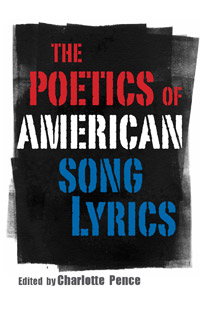 The Poetics of American Song Lyrics
The Poetics of American Song Lyrics
“This collection of smart, incisive essays positions song lyrics—the choruses we holler in our cars with all the windows down, the verses that leave us misty-eyed while browsing shampoo aisles—as a legitimate and deeply compelling poetic form.”
—Amanda Petrusich, author of It Still Moves: Lost Songs, Lost Highways, and the Search for the Next American Music
The Poetics of American Song Lyrics is the first collection of academic essays that regards songs as literature and that identifies intersections between the literary histories of poems and songs. The essayists share a desire to write on lyrics in a way that moves beyond sociological, historical, and autobiographical approaches and explicates songs in relation to poetics.

